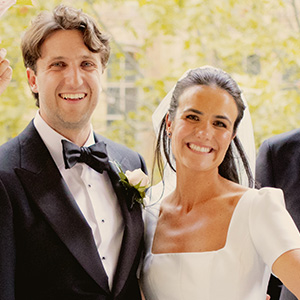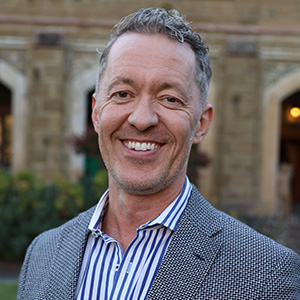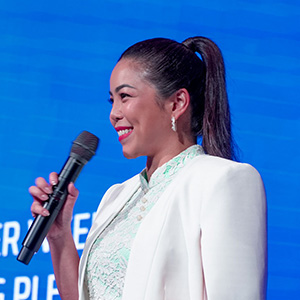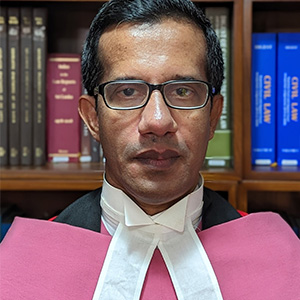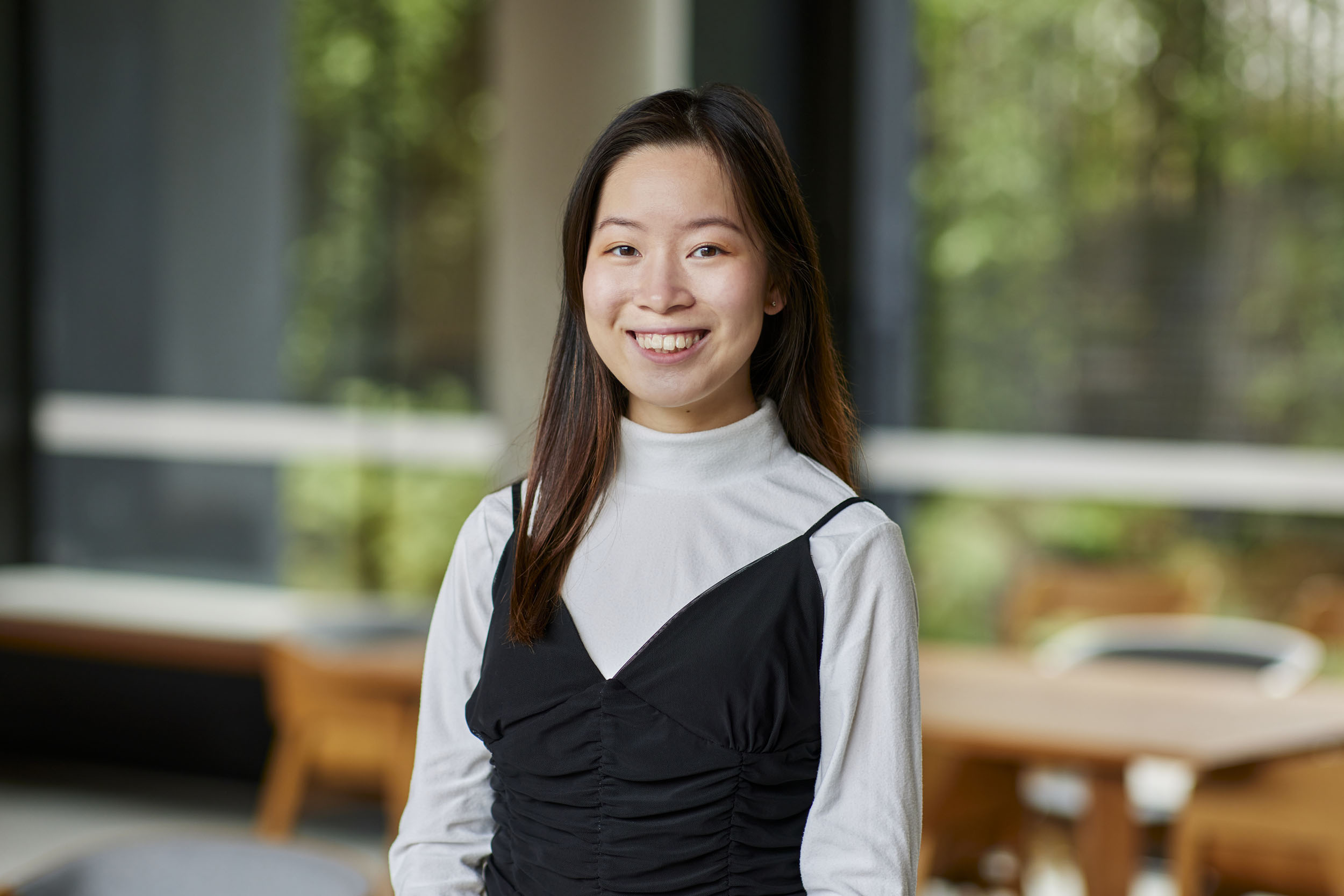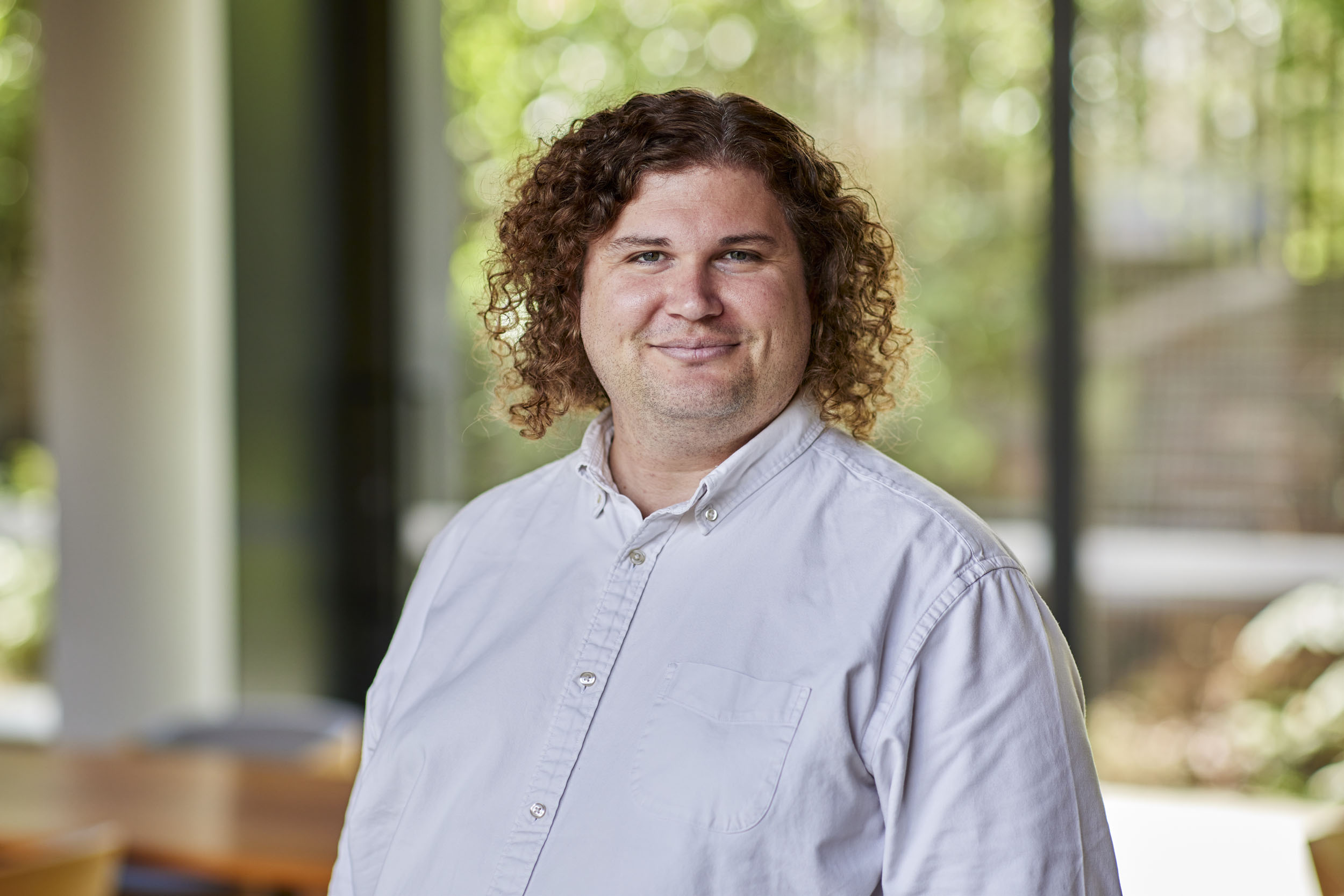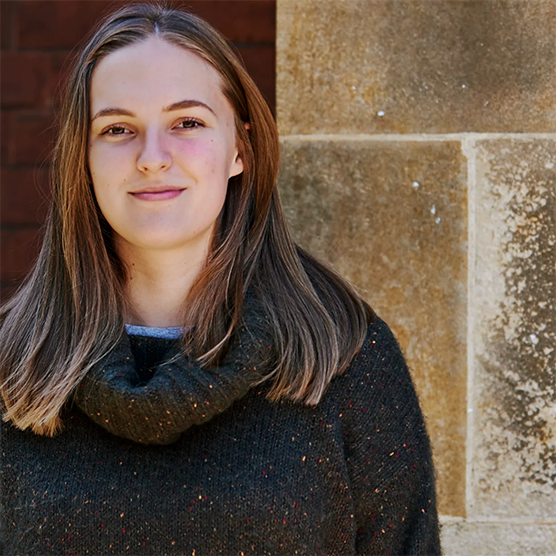

Where did all the women go?
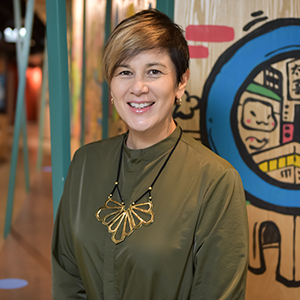 In 1987, Leonie Valentine (TC 1987) tried her hand coxing one of Trinity’s rowing teams and steered the boat into a pylon on the Yarra. ‘It was terrible,’ she recalls. ‘Those early morning starts weren’t really for me.’
In 1987, Leonie Valentine (TC 1987) tried her hand coxing one of Trinity’s rowing teams and steered the boat into a pylon on the Yarra. ‘It was terrible,’ she recalls. ‘Those early morning starts weren’t really for me.’
This “hard knock” would become a metaphor for the early stages of her career, when she had her sights set on becoming a geologist. While at Melbourne University, she went to an industry networking function and distinctly remembers a mining representative handing out business cards, pausing to say, ‘Oh, no, you’re a woman’, and saving his cards for the gents.
Apparently the “wrong” gender for a geology career, Leonie took an advertising role with BP, and addressing gender disparity in the workplace became a deep-seated passion of hers. She never forgot that averted business card.
These days, Leonie is the executive general manager, Customer Experience and Digital, at Australia Post, and was formerly the Managing Director for Melbourne and Government at Google, looking after the company’s largest advertisers. In 2021 she returned to Australia after almost 10 years working as Google’s Managing Director in Hong Kong.
Having pushed through the glass ceiling of the tech industry, she now tries to help other women avoid gendered exclusion, and was involved in committees and programs in Hong Kong dedicated to supporting women in business.
Though Leonie was taken aback by her early taste of discrimination at that university event and became acutely aware of gender inequality as her career progressed, she admits there was a period of accepting that was ‘just the way it is’. She had grown accustomed to being one of only a handful of women in maths and science classes at university, and, when questioned by a senior leader while working at Telstra as to ‘where all the women were’ at a C-level event, she remembers looking around the room and shrugging it off. It was simply a reflection of her everyday life.
Later, however, having made headway on the career ladder in the tech industry, she asked herself: Where did all the women go? ‘I realised I’d never bothered to ask where everybody went, so that was a bit of a wake-up call.’
She coined the expression ‘tech trapdoor’ to describe the competing priorities that women often face when they hit their 30s, which may see their careers stall. Elderly parents, pregnancy, child-rearing, even marriage. ‘The demands of tech industries are pretty high,’ says Leonie. ‘People run fast, they work ridiculously hard. Probably too hard. And it's not an environment where women can thrive, because the expectation for you to be there and to put the hours in often doesn't align with a lot of personal aspirations.’
Leonie says ‘getting to the top’ was made possible for her because her husband is a stay-at-home dad, and childcare was also affordable in Hong Kong. ‘In Australia, one of the things that holds us back is the unaffordability of childcare,’ she says. ‘Because, if you contrast that to Hong Kong, they have very high representation of women in the upper ranks of management. I've never met so many female chief executives of banks and venture funds and lawyers and all these sorts of things, in part, because childcare is super affordable there.’
Becoming a fintech pioneer
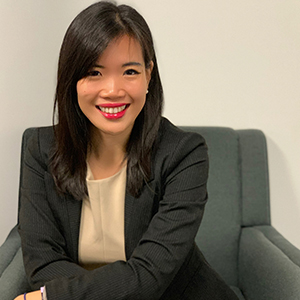 Shi Mei Chin (TCFS 2008), Chief Financial Officer of Singapore-based B2B foreign exchange trading platform Spark Systems, says Asia has traditionally espoused stereotypical gender roles, but the paradigm is shifting – and she’s playing an active role in pushing it further.
Shi Mei Chin (TCFS 2008), Chief Financial Officer of Singapore-based B2B foreign exchange trading platform Spark Systems, says Asia has traditionally espoused stereotypical gender roles, but the paradigm is shifting – and she’s playing an active role in pushing it further.
Shi Mei’s passion lies in helping women get into the traditionally male-dominated financial technology, or fintech, industry, which she says is experiencing rapid growth and is full of opportunities.
A chartered accountant, Shi Mei entered the fintech industry in 2016 while working at PwC in Singapore, where she and her then-director – a woman – pioneered a fintech team within PwC, offering services and advice to financial technology start-ups. Spark Systems was one of those start-ups, and, since being invited to join the team in 2018, Shi Mei has watched the company grow to 50 people and cemented her passion and aptitude for the industry. (In 2019, she won the Top 50 FinTech Leaders Asia award and the 30 Under 30 FinTech Leaders award.)
Formerly on the Women in FinTech subcommittee in Singapore, and now treasurer of the Singapore FinTech Association, Shi Mei aims to enable other women to follow her lead. A key challenge she sees in hiring for technology start-ups is that most coders and developers are men, but it’s not as simple as hiring more women, because there aren’t many women applying in the first place. ‘It actually goes all the way down to education,’ she says, stressing that women need to be encouraged to study science, technology, engineering and maths (STEM) subjects to, in turn, drive up applications from women for tech-based jobs. Shi Mei also believes that finding a mentor or role model is important, referencing her former director at PwC, who inspired her to succeed.
Being bold enough to ask for help
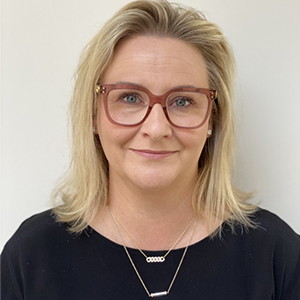 Someone who agrees is Amy Tennent (TC 1996), who is a fourth-generation Director of the Cripps Foundation, as well as Director of Minsmere, Executive Vice-President of Chartwell Industries, and Chair of VIL Limited, which encompasses the Velcro group of companies. She’s also on the Trinity College Council. Amy climbed the ranks of the family businesses (all the above are run by Amy and her family and funnel profits into the education-focused Cripps Foundation), and credits her father for playing an influential role in guiding her career from the ground up.
Someone who agrees is Amy Tennent (TC 1996), who is a fourth-generation Director of the Cripps Foundation, as well as Director of Minsmere, Executive Vice-President of Chartwell Industries, and Chair of VIL Limited, which encompasses the Velcro group of companies. She’s also on the Trinity College Council. Amy climbed the ranks of the family businesses (all the above are run by Amy and her family and funnel profits into the education-focused Cripps Foundation), and credits her father for playing an influential role in guiding her career from the ground up.
‘Dad was great, but I recognised a few years ago that I really needed to get out of just having family mentorship,’ she says. Amy subsequently joined the Young Presidents’ Organisation, made up of people of a similar age who are running their own companies or leading family businesses, and uses members as a sounding board.
‘For women wanting to move into leadership roles, I think it’s important to reach out if they find someone they really admire or think they can learn a lot from, as people are happy to help,’ she says. ‘Then, if they don't know the answer to the experience that someone needs assistance with, they actually might know someone who has been through that and can connect them.’
Reaching out for help is something Amy has done herself, having recently engaged a professional coach to help guide her decision-making and challenge her thinking. She has also hired an executive assistant, acknowledging that leaders don’t have to know it all or do it all. ‘I am learning. I think we're always all constantly learning. We never know everything and we're never, ever doing anything the right way all the time. I think I was very hard on myself by trying to do everything on my own.’
While working on herself, Amy, in collaboration with her fellow company leaders, is determined to ensure her family businesses champion equality. The Velcro leadership group, for example, now has an even split of women and men – something Amy says has created a more empathetic culture, which has broken down some of the barriers employees reported feeling when it came to speaking up. And across businesses, diversity of all kinds is being embraced. ‘It's not just about gender. It's about race. It's about religion. It's about ethnicity. It's about people who are disabled in some way. It's about ensuring that everyone feels really comfortable and that we're providing a work environment that encourages people from diverse backgrounds to come and work for us.’
Something Leonie, Shi Mei and Amy all agree on is that success in business doesn’t come without hard work. For Leonie, it’s about resilience and being comfortable with failure – traits learnt from her Shanghai-born, Hong Kong-raised mother who migrated to Australia at the tail end of the White Australia policy. Shi Mei references her ‘grit’, the motivation drawn from a driven peer group, and pushing through the cycle of feeling invincible one minute and defeated the next. Amy says it’s about working hard to build relationships, taking responsibility for yourself and working out who you want to become – something she says Trinity encouraged her to do as a young adult.
The drive for change needs to come from many angles on both a micro and macro level, but, encouragingly, things are shifting. Women don’t just have a foot in the door of business now – increasingly, they have a seat at the table.
This article first appeared in issue #90 of Trinity Today.
Related News
-
News & Stories
- Our Theological School Student President's mission to champion a spiritual and welcoming environment
- Jack reaps the rewards after taking a leap of faith on Trinity College
- Trinity alum named in King's Birthday Honours 2025
- Trinity Deputy & Academic Dean appointed Fellow at Center of Theological Inquiry
- Meet Trinity's aspiring art curator Seb Moore
- Trinity College offers its congratulations to newly elected Archbishop of Melbourne, the Right Reve
- Events
- Art
- Music & Choir
- Campus Development Projects
- Visiting Scholars & Lectureships
- Accommodation for Visitors
- Short Programs
- Work at Trinity


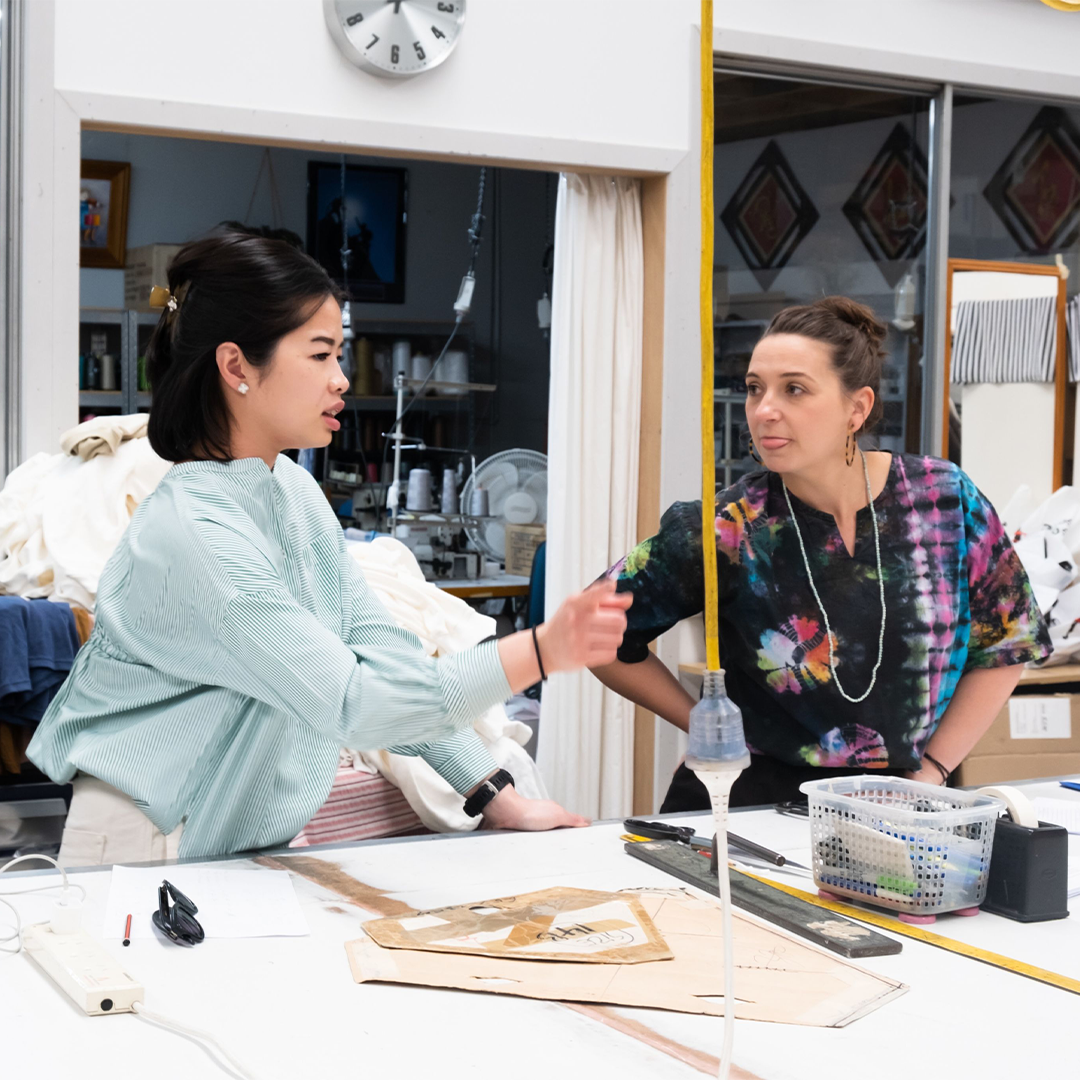

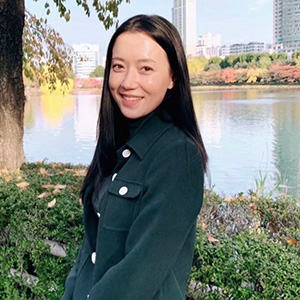


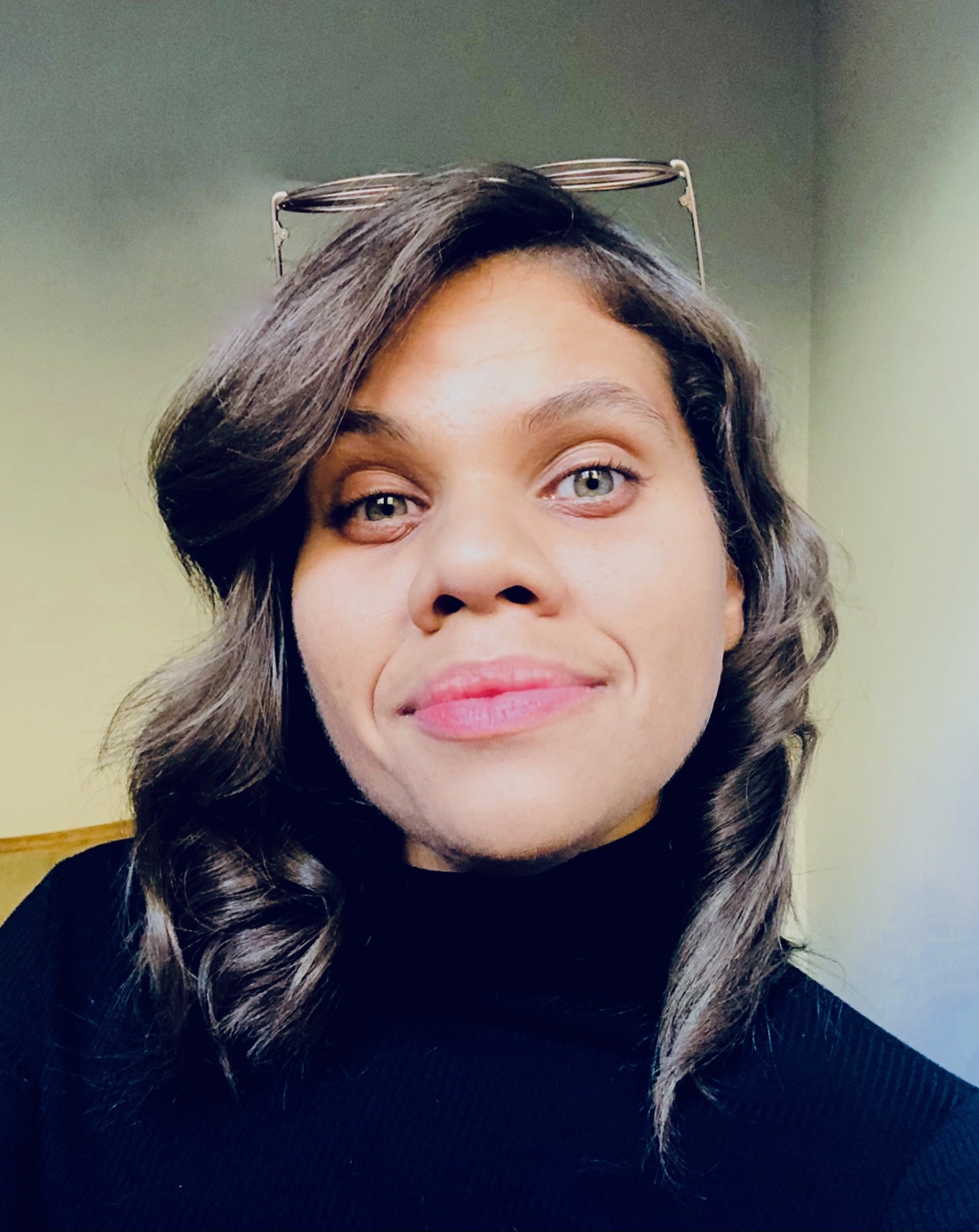
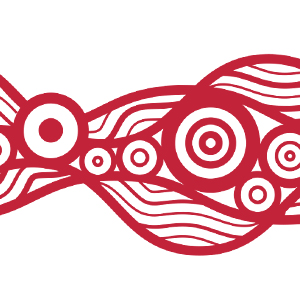
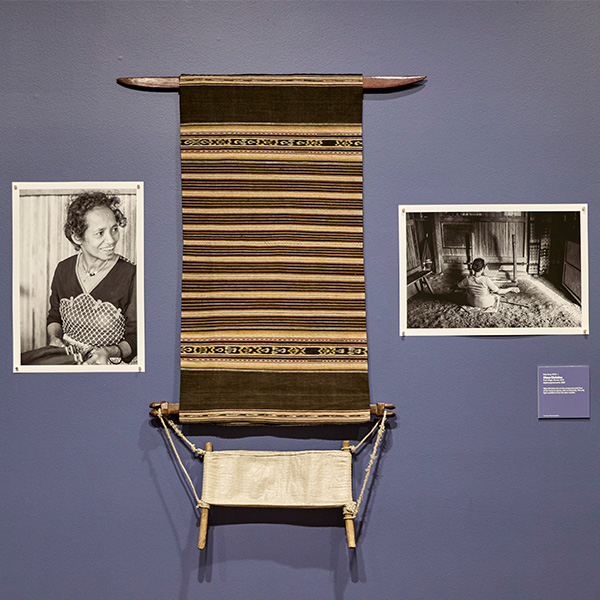


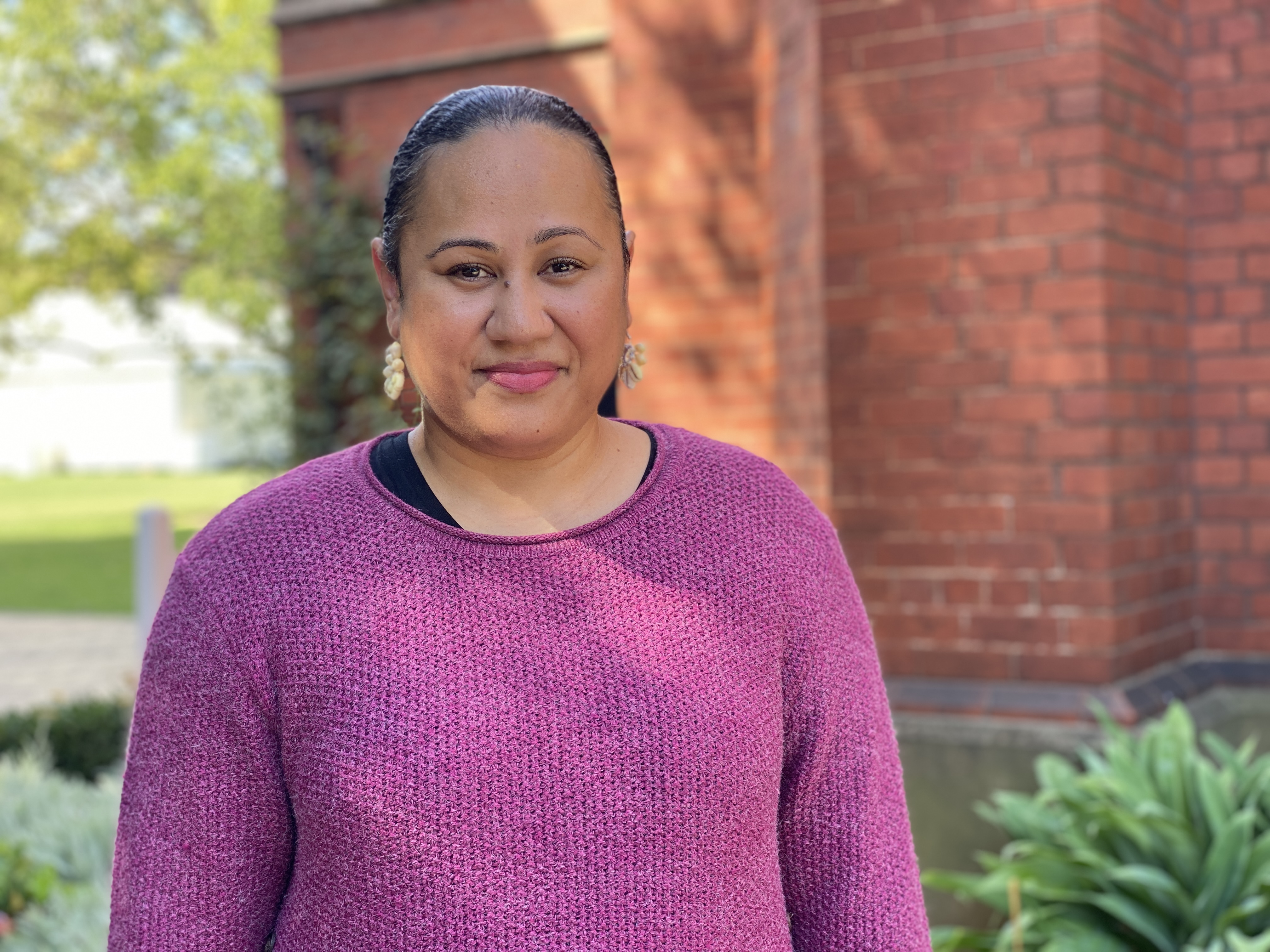





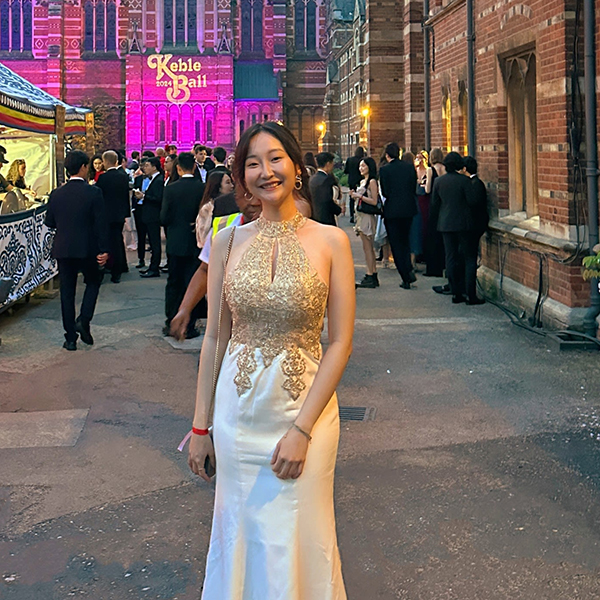
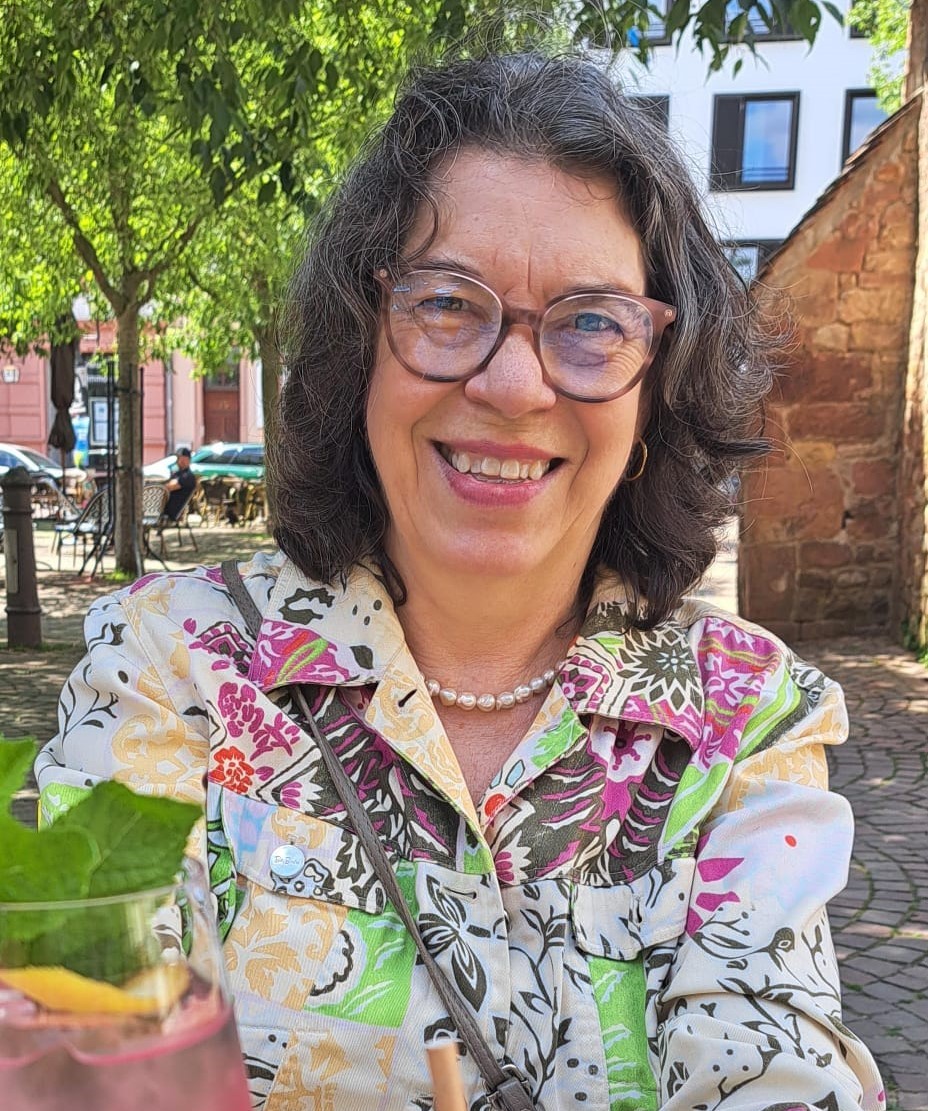

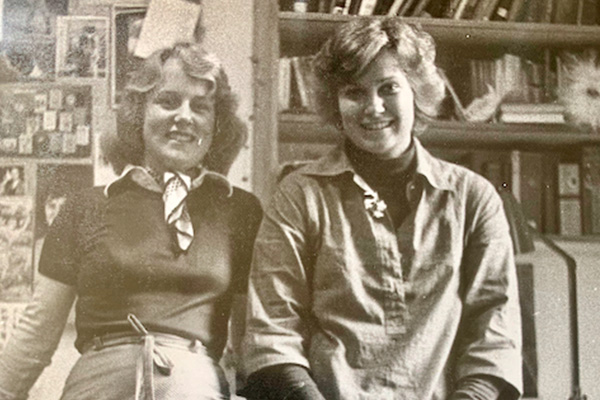
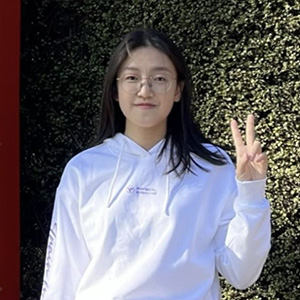



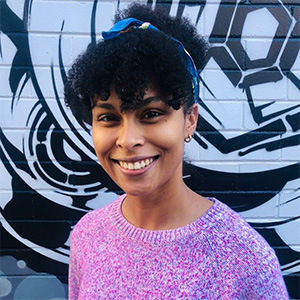

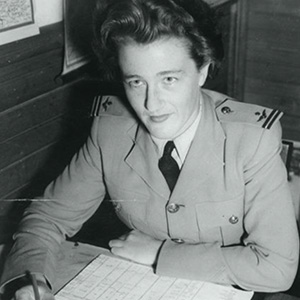



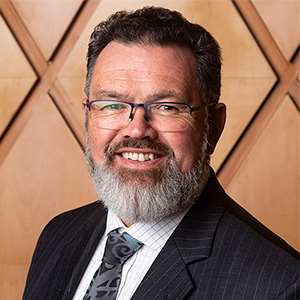
.jpg?width=300&height=300&ext=.jpg)

.jpg?width=300&height=300&ext=.jpg)
